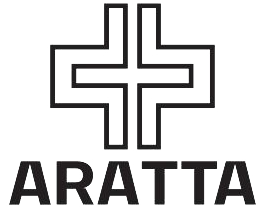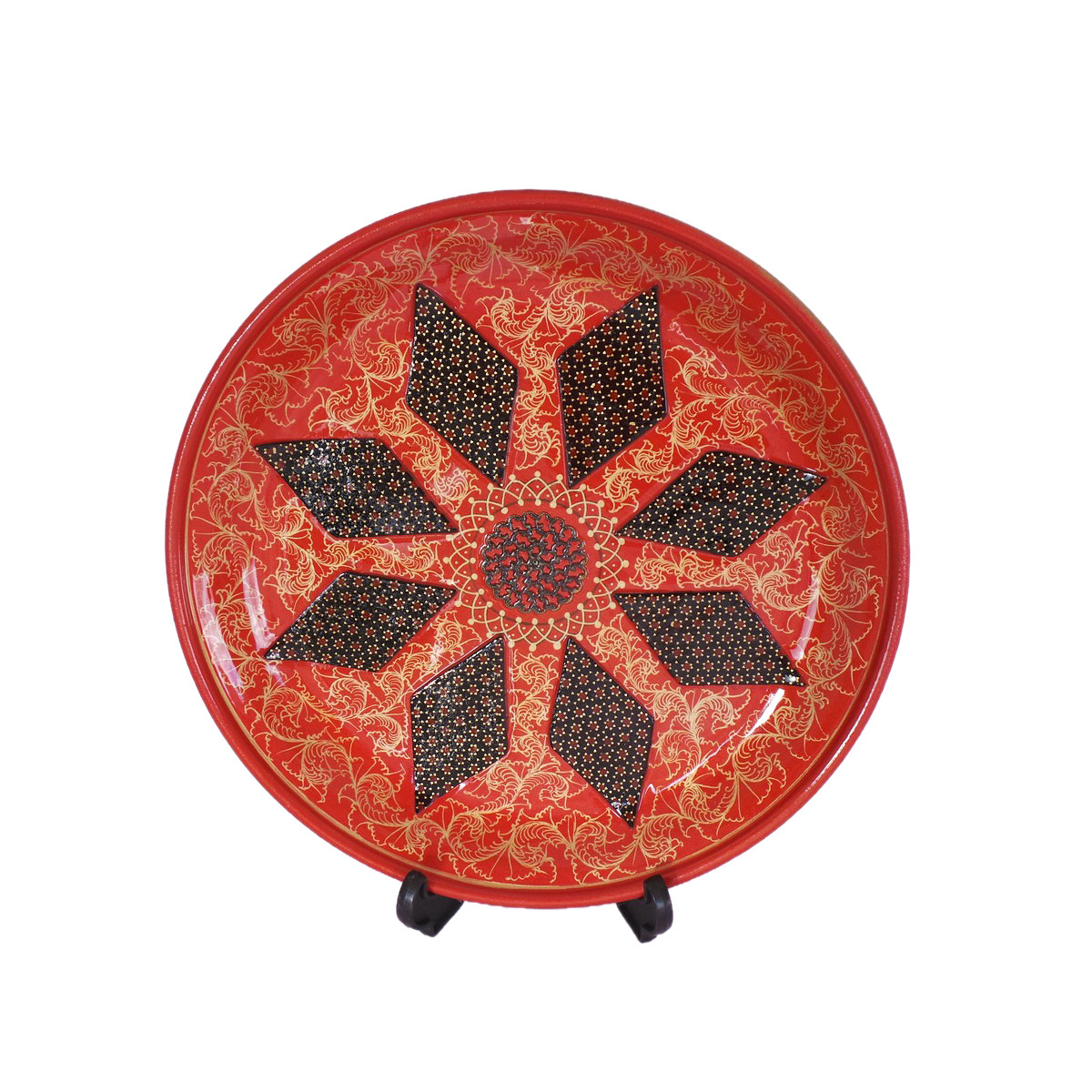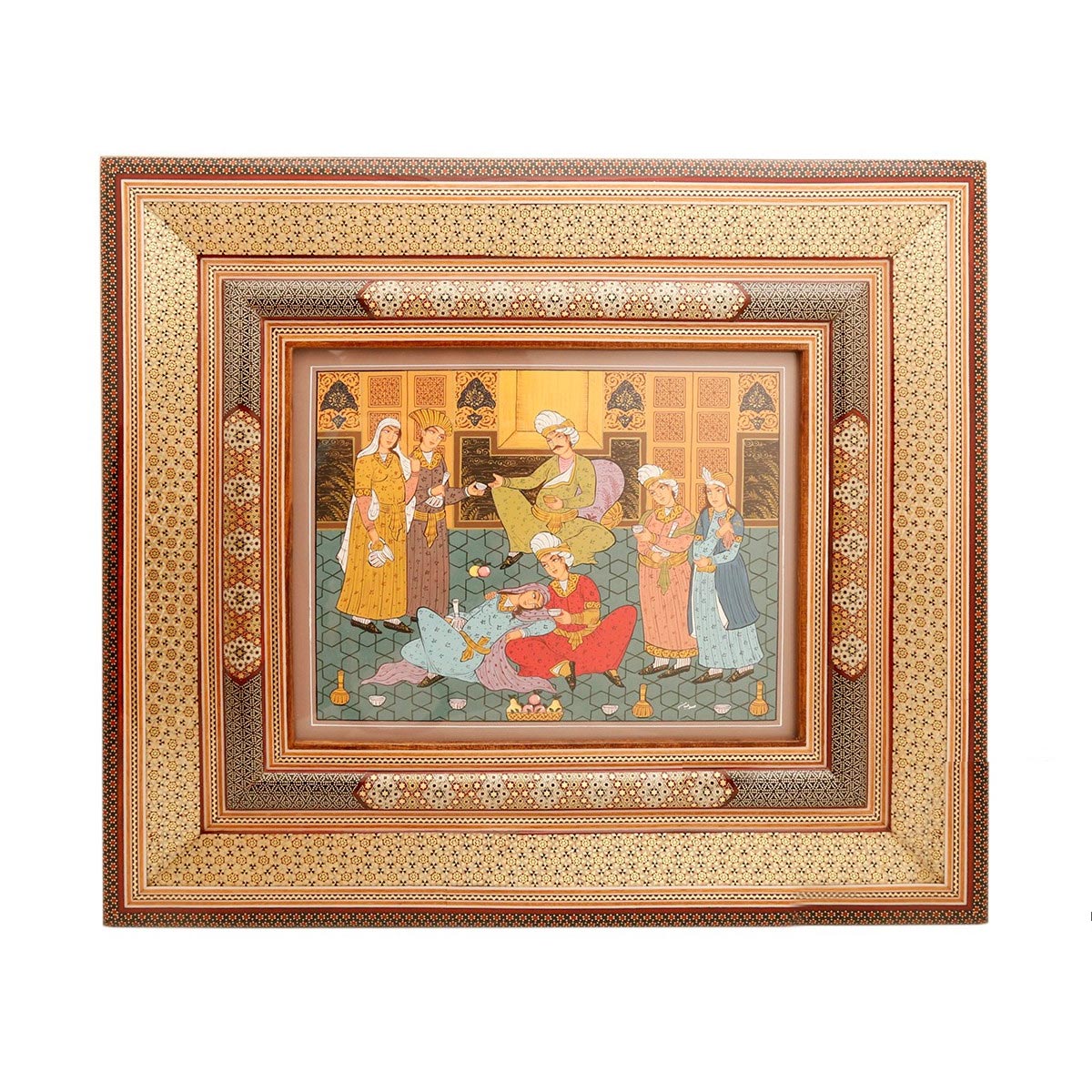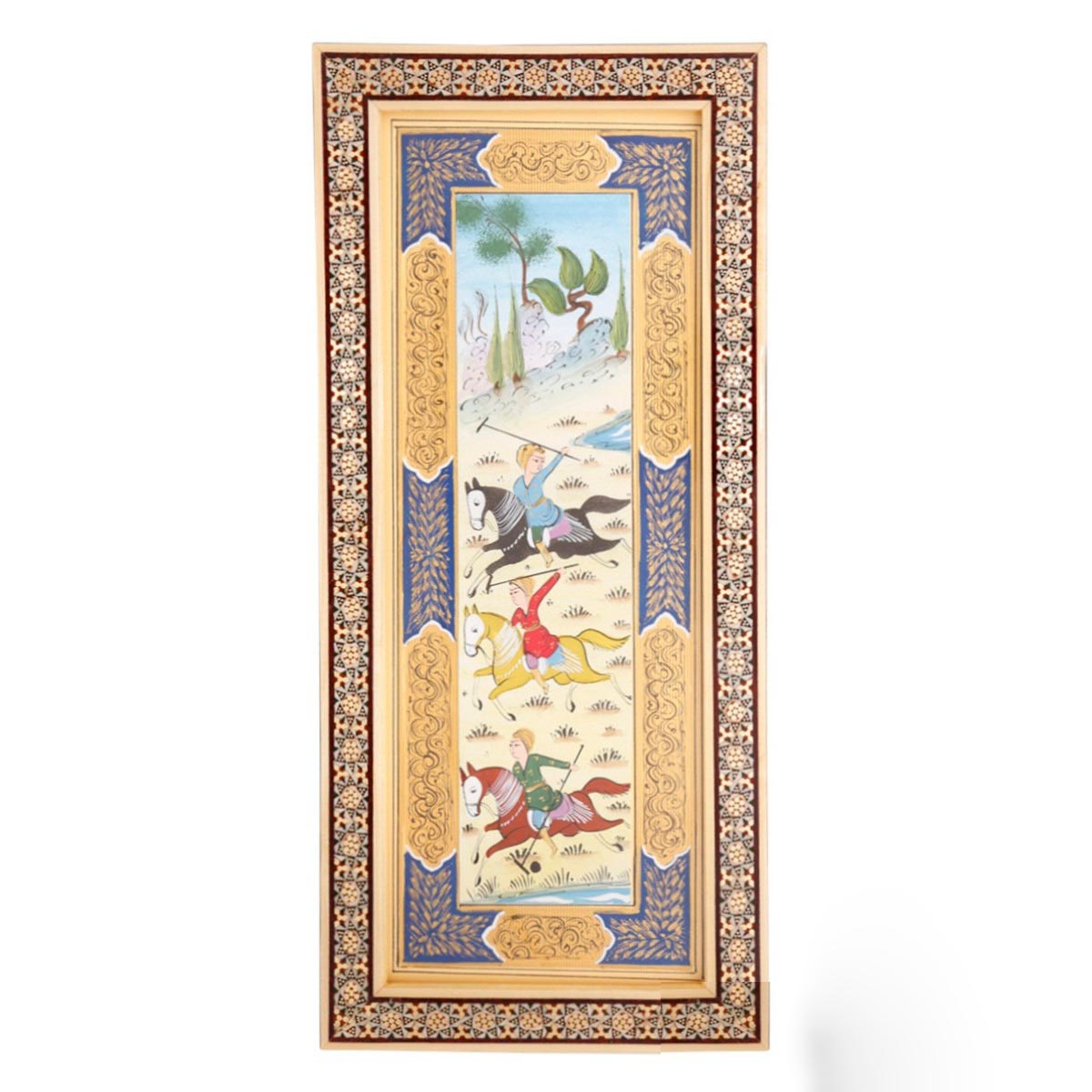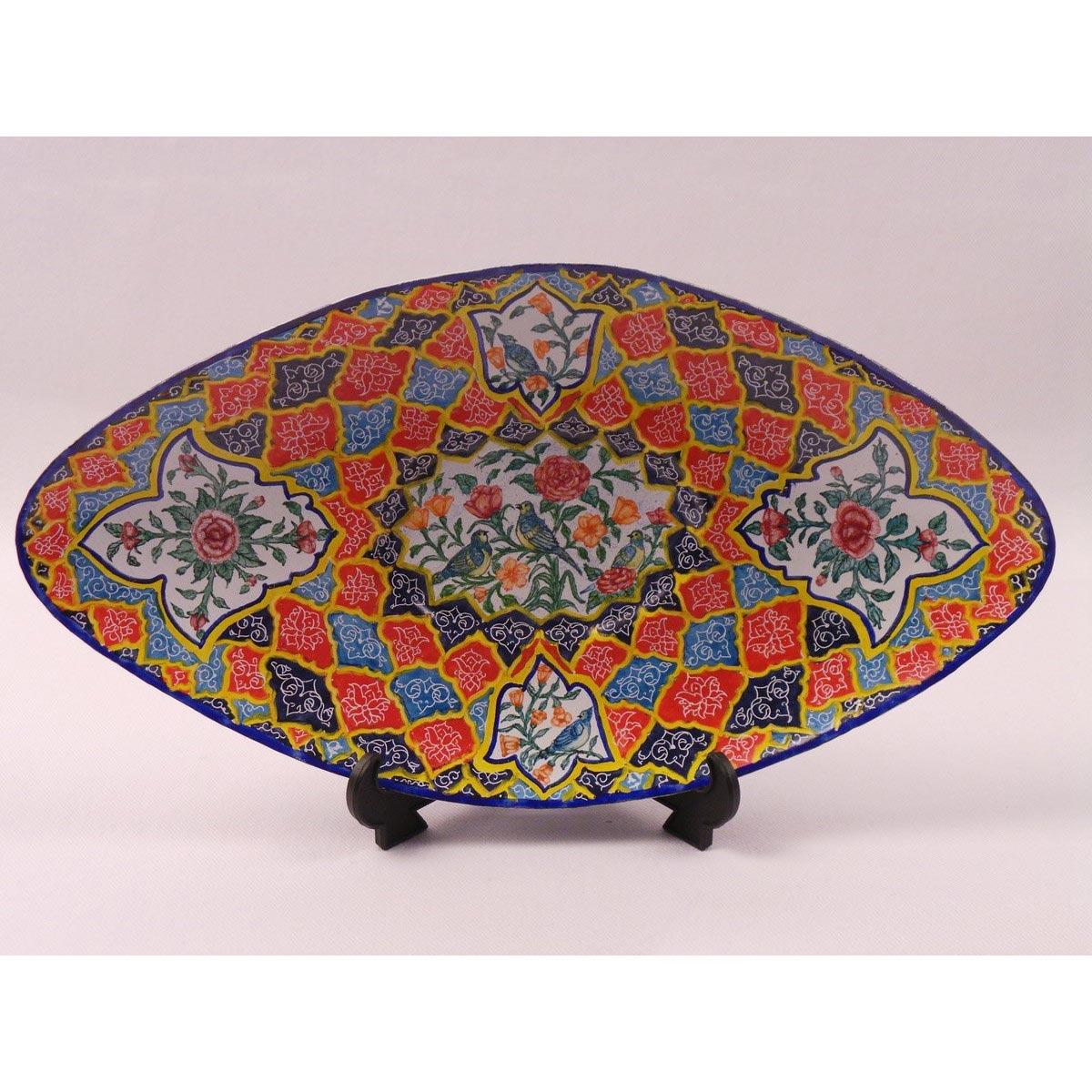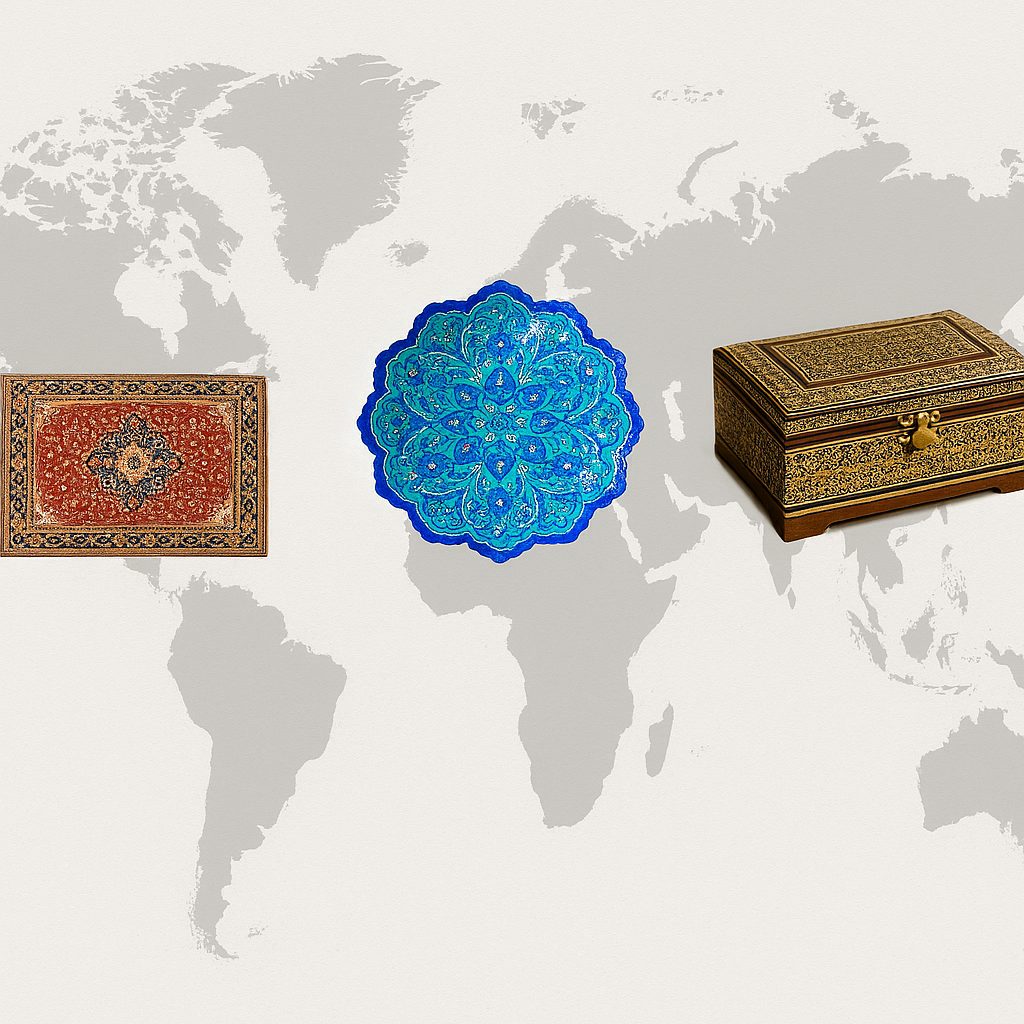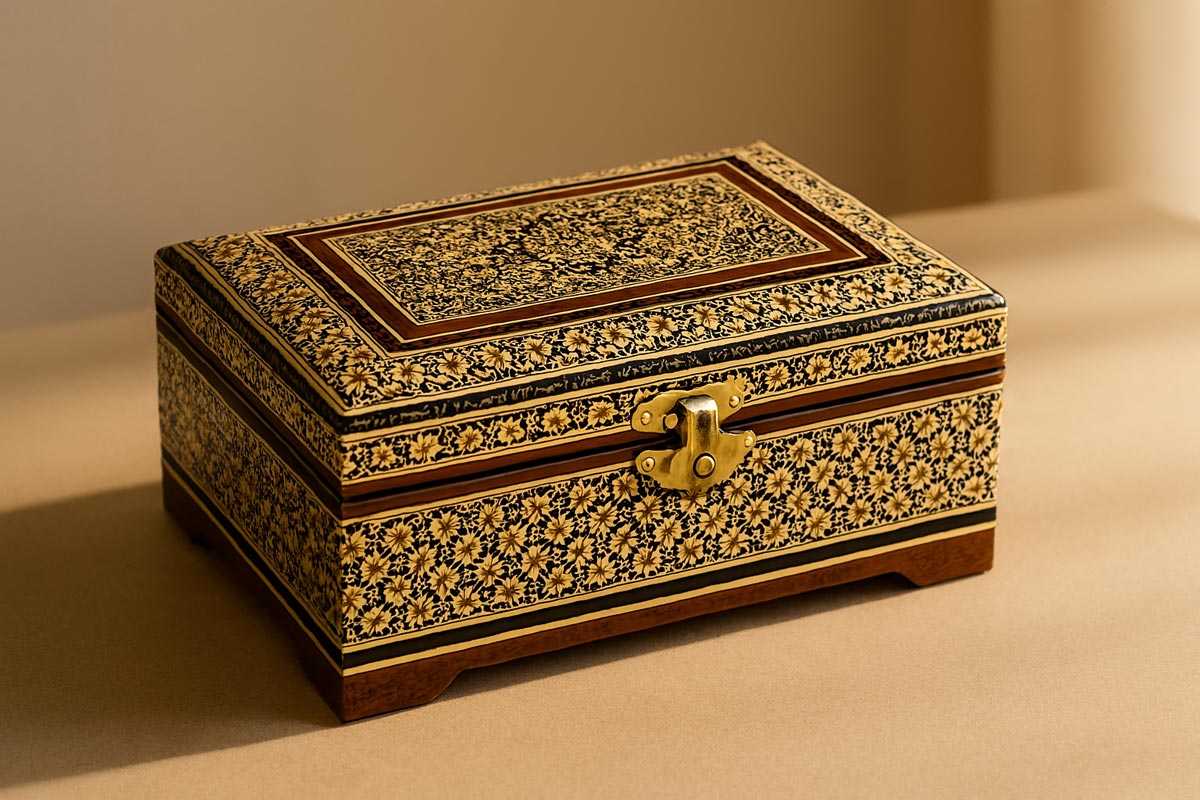Blog
Last Articles
Top Cryptocurrency Gambling Sites
Top Cryptocurrency Gambling Sites Vous effectuez vos transactions directement via votre portefeuille crypto, sans banque ni carte bancaire. Vous pouvez
Top Casinos Sans Vérification France 2025 Testés par Experts
Top Casinos Sans Vérification France 2025 Testés par Experts Cela peut donner une fausse impression que vous jouez dans un
10 Best Crypto Casinos & Bitcoin Gambling Sites in 2025
10 Best Crypto Casinos & Bitcoin Gambling Sites in 2025 Ce bonus n’est pas soumis à des mises et les
Products
Suggestions for you:
60 $ Original price was: 60 $.55 $Current price is: 55 $.
[dynamic_sale_percentage]
185 $ Original price was: 185 $.179 $Current price is: 179 $.
[dynamic_sale_percentage]
65 $ Original price was: 65 $.52 $Current price is: 52 $.
[dynamic_sale_percentage]
210 $ Original price was: 210 $.199 $Current price is: 199 $.
[dynamic_sale_percentage]
Exploring the Art of Minakari: Persian Enamel Work on Copper
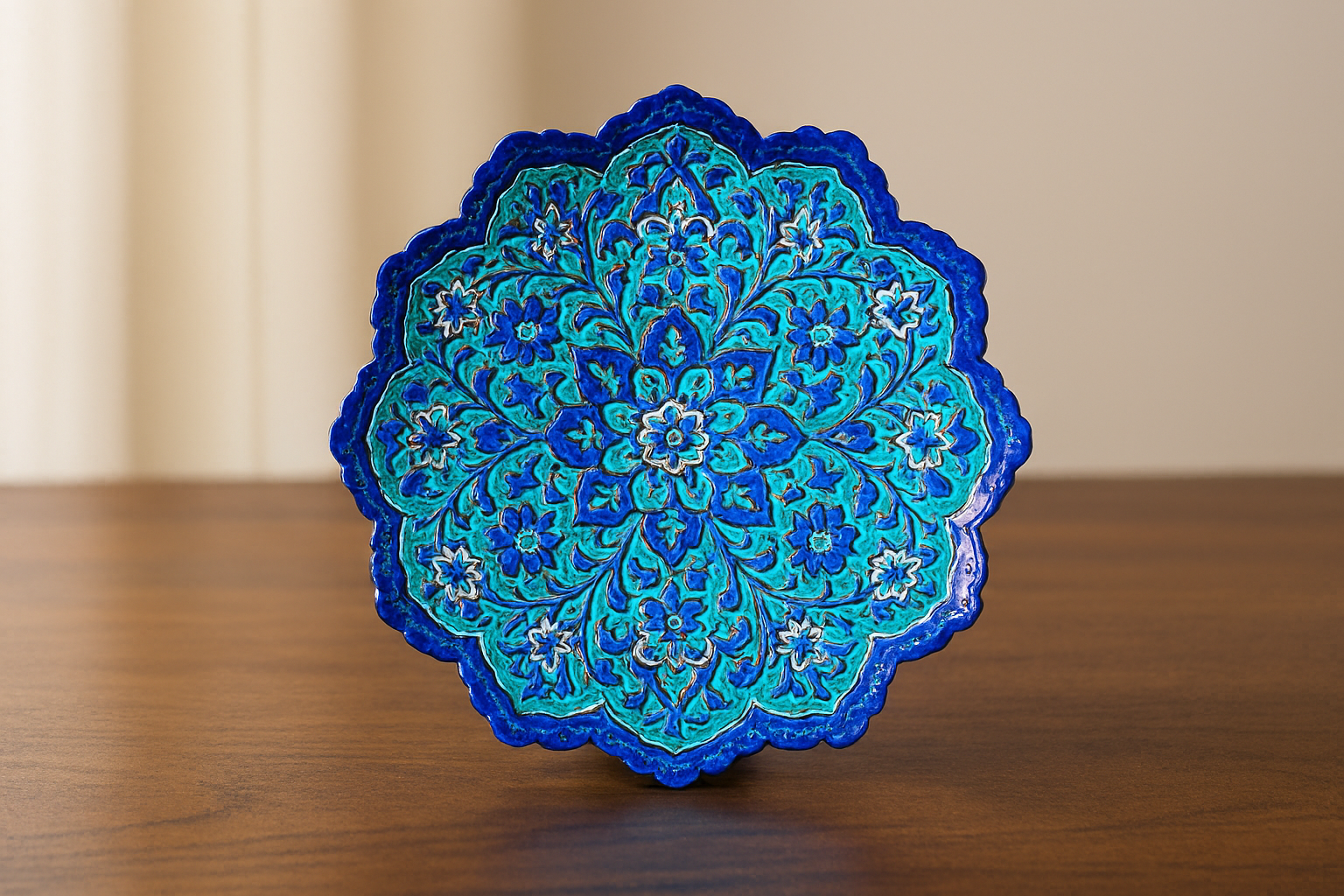
Minakari, also known as Persian enamel work, is one of the most colorful and refined forms of traditional Iranian handicrafts. This ancient art involves decorating metal surfaces  usually copper, but sometimes silver or gold  with vibrant enamel paints that are then fired to achieve a lasting brilliance. From decorative plates and vases to intricate jewelry, Minakari reflects the soul of Persian artistry and continues to captivate collectors around the world.
History of Minakari
The origins of Minakari trace back over a thousand years, with its peak flourishing during the Safavid dynasty in Isfahan. Persian artisans developed unique enamel techniques that combined meticulous hand-painting with delicate firing processes. Isfahan remains the global center of Minakari today, where workshops still carry the traditions of their ancestors, blending heritage with contemporary design.
The Process of Minakari
Creating a Minakari piece is a multi-step, highly skilled process:
-
Metal preparation – A copper (or silver/gold) object is shaped and polished.
-
Enamel coating – A white enamel base is applied and fired in a kiln.
-
Hand-painting – Artisans use fine brushes to paint floral, arabesque, or geometric motifs in vivid colors like turquoise, cobalt blue, green, and red.
-
Final firing – The piece is heated again to fix the colors permanently, giving it a glossy, durable finish.
Symbolism and Design
Minakari designs often feature traditional Persian motifs such as:
-
Arabesques symbolizing infinity and spiritual connection
-
Floral patterns representing life and beauty
-
Geometric shapes reflecting balance and harmony
The dominant turquoise and blue colors echo the domes and tiles of Persian mosques, linking the art directly to Iran’s architectural heritage.
Applications of Minakari
-
Decorative items: bowls, plates, vases, and wall art
-
Jewelry: pendants, earrings, and bracelets
-
Modern uses: corporate gifts, cultural souvenirs, and luxury décor for international markets
Why Minakari Matters Today
Minakari is not just a decorative art  it is a living symbol of Persian culture. Owning a piece of Minakari means holding a part of Iran’s artistic history. It bridges the past and present, showcasing how traditional techniques can remain timeless in a modern context.
Conclusion
Minakari embodies the beauty, precision, and soul of Persian craftsmanship. Every piece tells a story of dedication, patience, and artistry, making it a treasured addition to any collection. Whether displayed in a home, gifted to loved ones, or passed down through generations, Minakari continues to shine as one of the most iconic symbols of Iranian heritage.
Caregories: General
Related
- Aratta Admin
- 0
- Aratta Admin
- 0
- Aratta Admin
- 0
- Aratta Admin
- 0
- Aratta Admin
- 0
